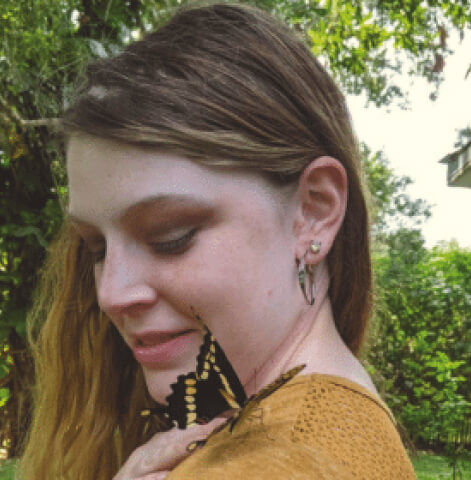January 27, 2025
Research & Science
Accelerating Medical Research Through Education and Advocacy.
The Work Continues.
Although we have achieved a number of important scientific milestones, much more work remains to be done in cutaneous melanoma as well as ocular and other rare melanoma subtypes.
For more information on our broad scientific portfolio, download the MRF Research Portfolio.
1: National Cancer Institute (NCI) SEER (Surveillance, Epidemiology, and End Results) Program
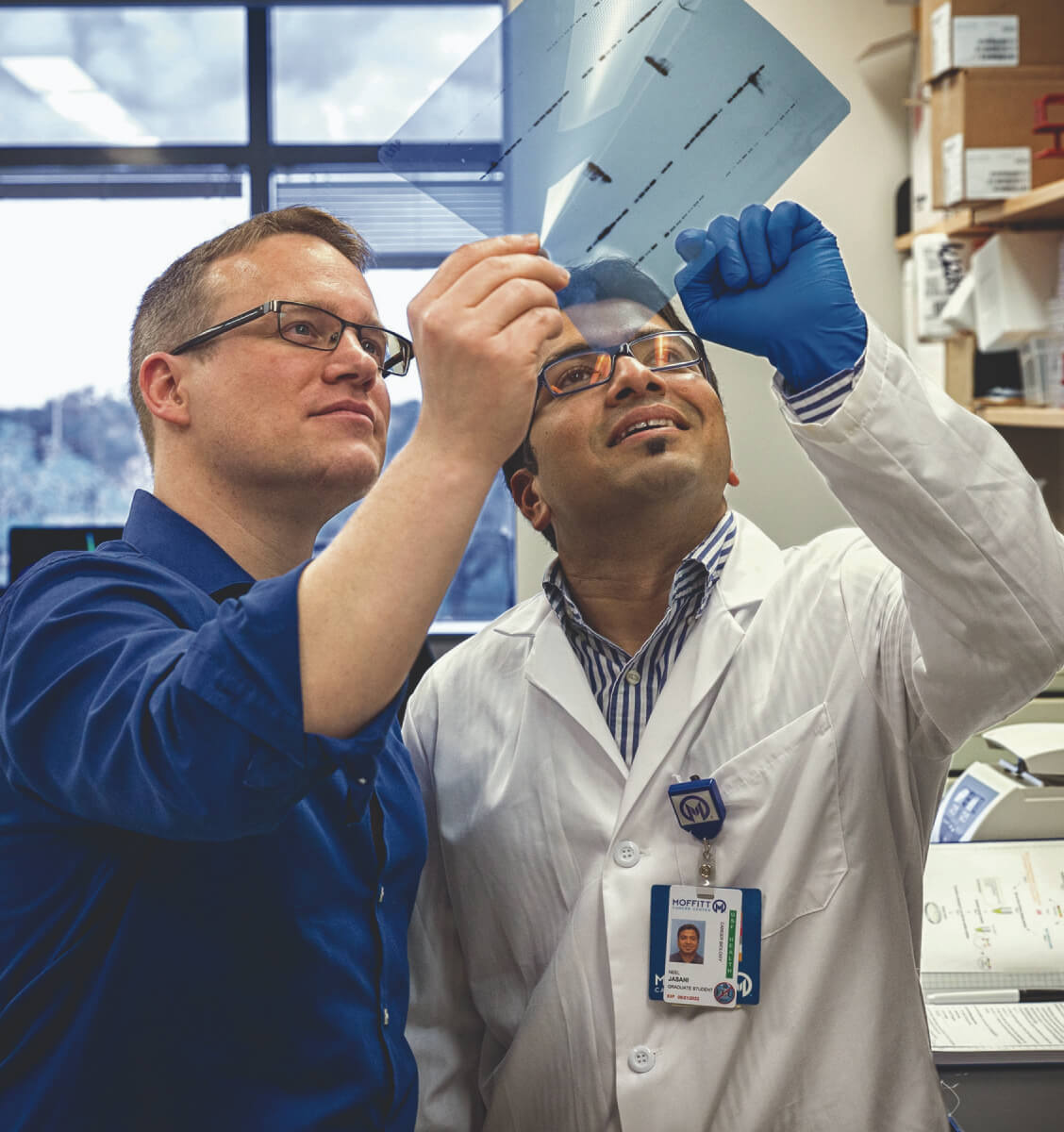

Find a Clinical Trial
How Do I Find a Melanoma Clinical Trial?
There are many ways you can learn about available clinical trials, which hospitals are participating in clinical trials, and how to enroll. The two easiest ways are through the use of the MRF’s Clinical Trial Finder or through ClinicalTrials.gov.
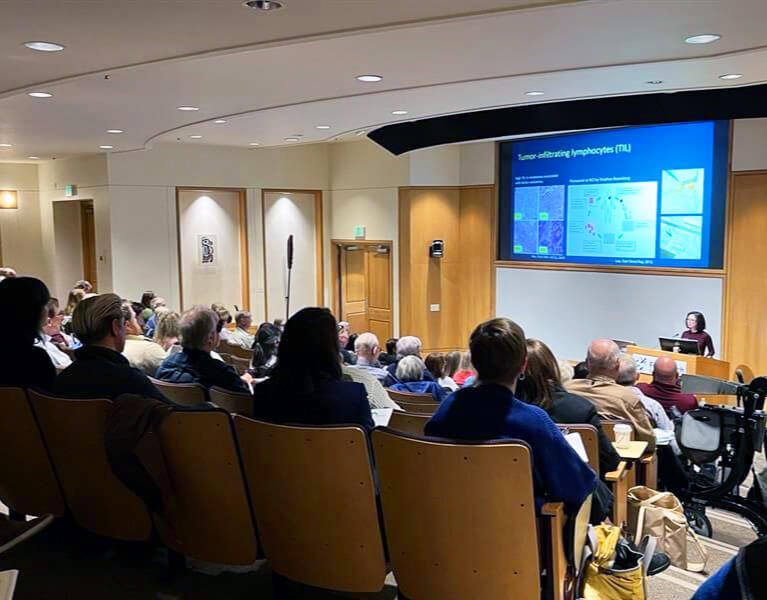
Upcoming Meetings
In addition to the melanoma meetings that the MRF sponsors, the MRF also hosts events in conjunction with the larger oncology meetings listed below.
- ASCO (American Association of Clinical Oncology): May 30 – June 3
- SMR (Society for Melanoma Research): October 25-28
- SITC (Society for Immunotherapy of Cancer): November 5-9
Learn More About the MRF's Diverse Scientific Agenda
MRF Research Portfolio.
Learn more about our commitment to melanoma science by reading the MRF Research Portfolio.
Research Grants
Research Opportunities
Established in 1998, the MRF research grants are a competitive, peer-reviewed program for investigator-initiated research conducted under the purview of our Scientific Advisory Committee. MRF-supported research is open to medical students through senior investigative teams and encompass not only cutaneous melanoma, but also the rare melanoma types such as uveal, mucosal and pediatric melanoma.

Scientific Initiatives
Accelerating Melanoma Research & Treatments.
Responding to needs in the field, the MRF has spearheaded several scientific initiatives to accelerate research and treatments focused on the most common malignant tumor of the eye and initiatives that focus on rare melanoma subsets such as pediatric and mucosal, and the conduct of various scientific meetings.
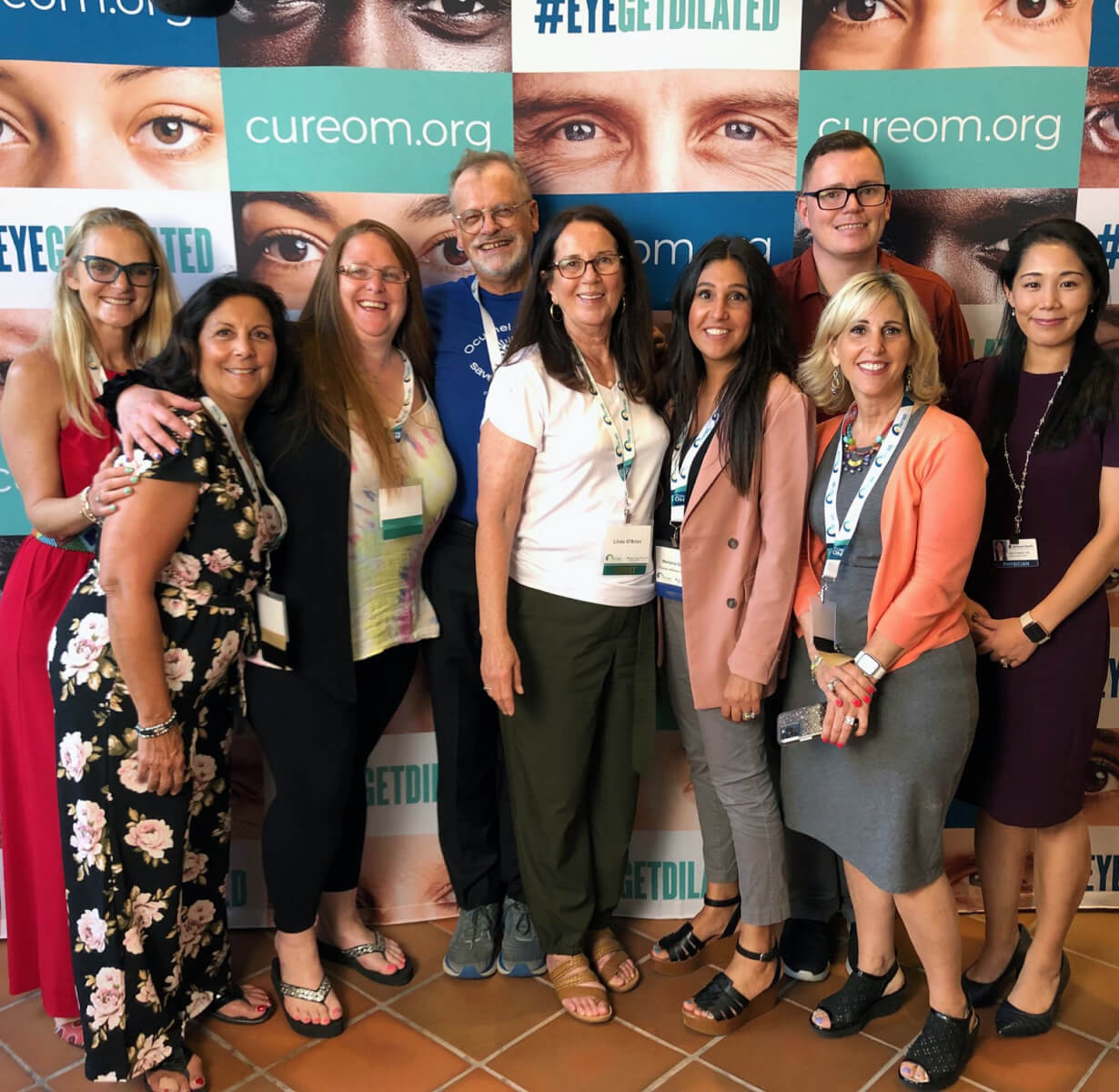
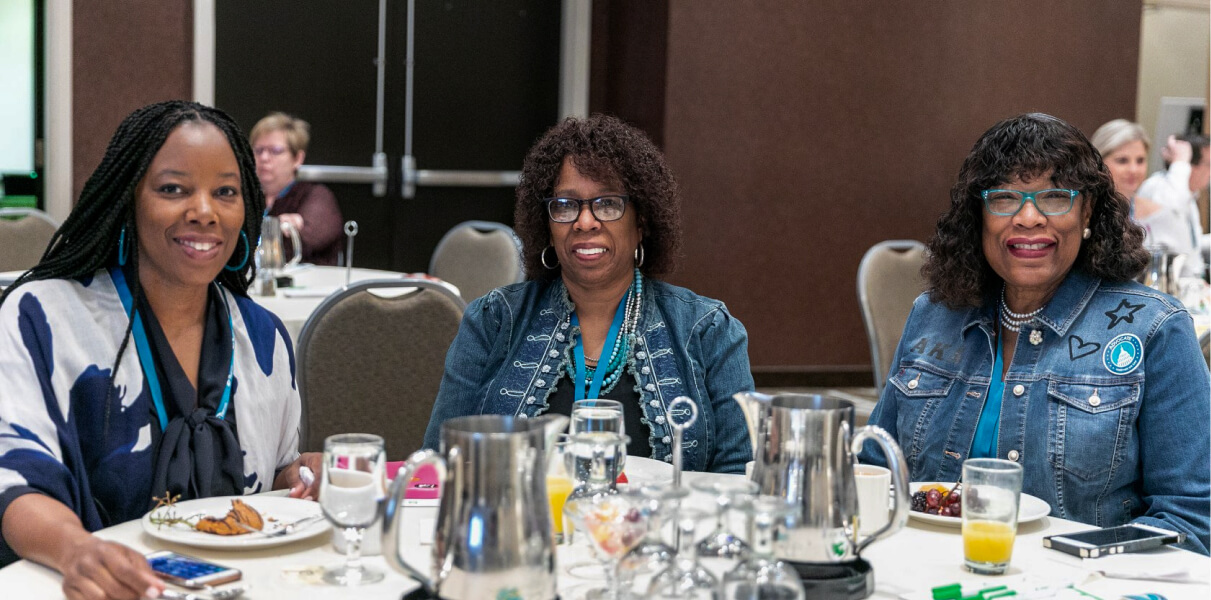
Participate in Science
If you are looking for a way to get involved in melanoma research, you can participate in any number of ways – through a clinical trial, as a research advocate, in the grant review process, and/or through fundraising. Consider getting involved today!
- Participate in Clinical Trials
- Advocate for Legislative Issues
- Review Grant Applications
- Fundraise
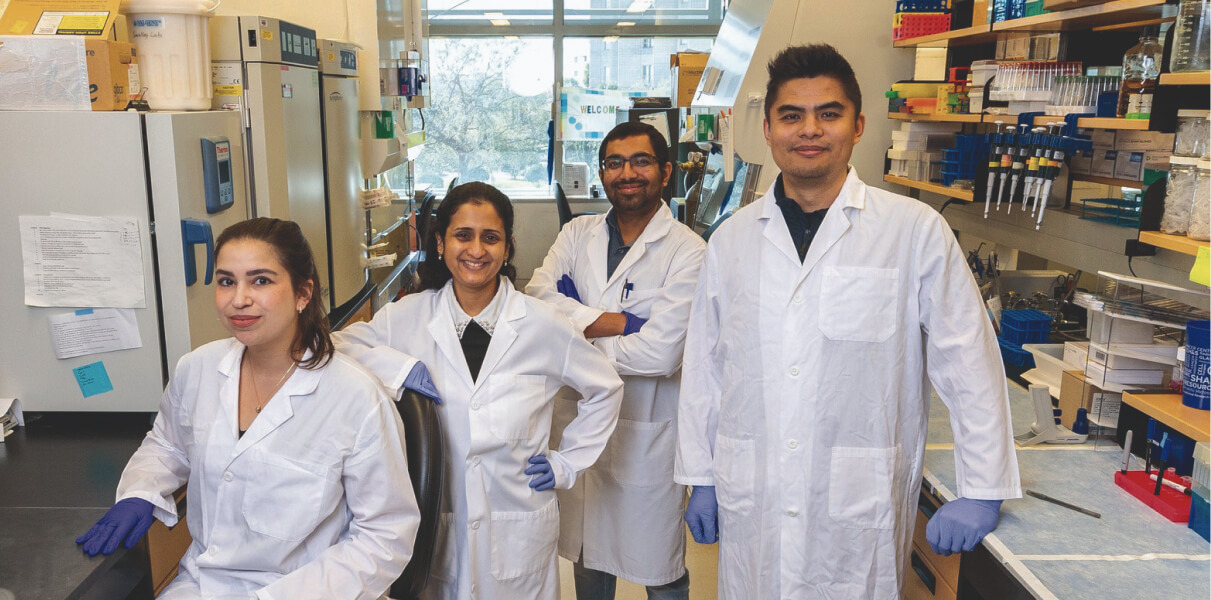
Scientific Leadership
The MRF’s Scientific Leadership is comprised of multidisciplinary experts in basic and translational research, dermatology, epidemiology, genomics, pathology, surgery and medical oncology. Members of all our advisory/ steering committees are volunteers that assist in providing the scientific direction of the MRF.
Why Research Matters
Pediatric Melanoma Awareness
From discovery in the laboratory to clinical trials, science can make a difference in the lives of people touched by melanoma. Click below to meet a patient and researcher directly involved in melanoma science and read their stories.
FDA Approved Melanoma Treatments
Recent research advances have greatly improved the lives of melanoma patients.
Before 1975, the FDA had not approved any drugs for melanoma treatment. Between 1975-2011, this number increased to only three FDA approvals resulting in only a 5% 10-year survival rate for patients with metastatic disease. However, since 2011, the FDA has approved SEVENTEEN new drugs (used singly or in combination) to treat THIRTY-ONE different melanoma indications in adult and pediatric patients, including two drugs specifically approved for metastatic uveal (eye) melanoma. These drugs have increased the 10-year survival rate for patients with metastatic cutaneous (skin) melanoma by 10-fold, from 5% to at least 50%.






